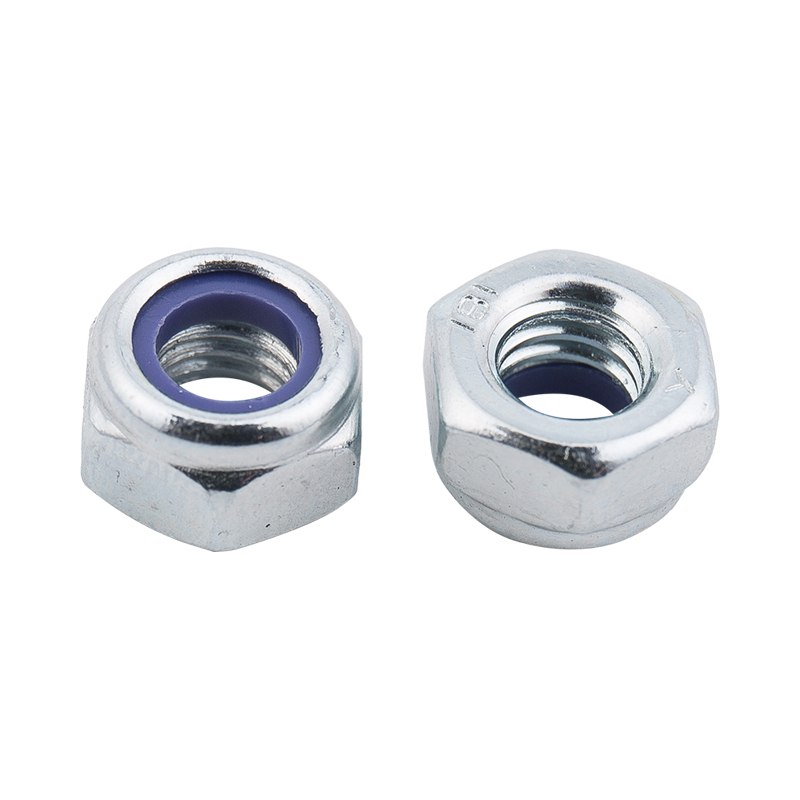-
CBB61 1.2uF/400V Black Film CapacitorsThe CBB61 1.2uF/400V capacitor features a black casing with black dielectric material, measuring 37mm × 24mm × 13mm. It includes mounting holes for se...
-
CBB61 1.5uF/400V CapacitorsThe CBB61 1.5uF/400V capacitor shares the 37mm × 24mm × 13mm black casing and black dielectric material with its 2.0uF counterpart. It also features m...
-
CBB61 2.0uF/400V CapacitorsThe CBB61 2.0uF/400V capacitor comes in a black casing with a black dielectric material, measuring 37mm × 24mm × 13mm. It includes mounting holes for ...
-
CL21 155/400V CapacitorsThe CL21 155/400V capacitor measures 22.5mm × 17.5mm × 10.3mm and is designed with a brown encapsulated casing, offering robust insulation and environ...
-
CL21 105/630V CapacitorsThe CL21 105/630V capacitor has dimensions of 22mm × 12.5mm × 7mm and features a brown encapsulated design, providing enhanced insulation and mechanic...
-
X2-104uf/305V CapacitorsThe X2-104uF/305V capacitor measures 18mm × 12mm × 11mm and features a yellow shell and yellow dielectric material, ensuring reliable insulation and l...
How do coatings on carbon steel nuts affect their mechanical properties?
Industry News-Coatings on carbon steel nuts can have various effects on their mechanical properties, depending on the type of coating, its thickness, and the application method. Here’s a look at how coatings influence key mechanical properties of carbon steel nuts:
Tensile Strength:
Minimal Impact: Coatings generally have little to no direct effect on the tensile strength of carbon steel nuts because the coating is typically a thin layer that doesn't alter the core material’s inherent strength. However, the coating can protect the nut from corrosion, indirectly helping to maintain tensile strength over time by preventing rust that could weaken the material.
Shear Strength:
Surface Influence: Similar to tensile strength, coatings typically do not significantly affect the shear strength of carbon steel nuts. The shear strength depends on the core material of the nut rather than the coating. However, in some cases, thick or uneven coatings might interfere with the fit of the nut on the bolt, potentially affecting the distribution of shear forces.
Hardness:
Increased Surface Hardness: Certain coatings, like nickel or chromium plating, can increase the surface hardness of carbon steel nuts. This makes the nuts more resistant to wear, abrasion, and surface damage, which is beneficial in high-friction environments or where nuts are frequently tightened and loosened.
Potential for Brittleness: While increased hardness can be advantageous, it may also make the surface more brittle if the coating is too thick or improperly applied. This can lead to cracking or chipping under extreme stress.
Ductility:
Minor Reduction: Coatings typically reduce the ductility of the surface layer of carbon steel nuts slightly because the added layer can be less flexible than the underlying steel. However, this reduction is usually minimal and doesn't significantly impact the overall performance in most applications.
Friction and Torque:
Altered Friction Coefficient: Coatings can change the friction coefficient between the nut and the bolt. For example, Teflon (PTFE) coatings reduce friction, making the nut easier to tighten and loosen. Conversely, rougher coatings may increase friction, requiring more torque to achieve the same level of tightness.
Impact on Torque-Tension Relationship: The change in friction due to coatings affects the torque-tension relationship during tightening, which could require adjustments to the torque settings to achieve the desired clamping force.

Fatigue Resistance:
Enhanced Resistance: Coatings that protect against corrosion and surface wear can enhance the fatigue resistance of carbon steel nuts. By preventing surface cracks and corrosion pits, which are common initiation points for fatigue failures, coatings help the nuts endure repeated loading cycles without failing.
Potential for Surface Cracks: On the flip side, if a coating is too brittle or improperly applied, it might develop cracks under cyclic loading, potentially compromising the nut’s fatigue resistance.
Corrosion Resistance:
Significant Improvement: One of the most notable mechanical benefits of coating carbon steel nuts is the improvement in corrosion resistance. By protecting the steel from environmental exposure, coatings prevent rust and degradation, which can weaken the nut over time and lead to mechanical failures.
Abrasion and Wear Resistance:
Increased Wear Resistance: Coatings like zinc, nickel, or phosphate increase the wear resistance of carbon steel nuts by providing a harder surface that resists abrasion. This is particularly useful in applications where the nuts are subjected to frequent handling or exposure to abrasive environments.
Uniform Load Distribution: Improved wear resistance also helps in maintaining a more uniform load distribution over time, as the nut’s surface is less likely to wear unevenly, which can affect its mechanical performance.
Impact Resistance:
Varies by Coating Type: The impact resistance of a coated carbon steel nut can either improve or diminish depending on the coating. Softer coatings may absorb some impact energy, while harder, brittle coatings could crack or chip upon impact, potentially exposing the underlying steel to environmental factors.
Bonding and Adhesion:
Risk of Delamination: If the coating does not adhere well to the carbon steel, it can delaminate under stress, reducing the protective benefits and potentially affecting mechanical properties like fatigue resistance. Proper surface preparation and application techniques are crucial to ensuring strong adhesion.
Coatings on carbon steel nuts primarily enhance their mechanical properties by improving corrosion resistance, surface hardness, and wear resistance. However, the effects on properties like ductility, friction, and fatigue resistance can vary depending on the coating type and application quality. While coatings generally protect and extend the life of carbon steel nuts, they must be carefully selected and applied to avoid potential downsides, such as increased brittleness or improper torque-tension relationships.



 русский
русский Español
Español